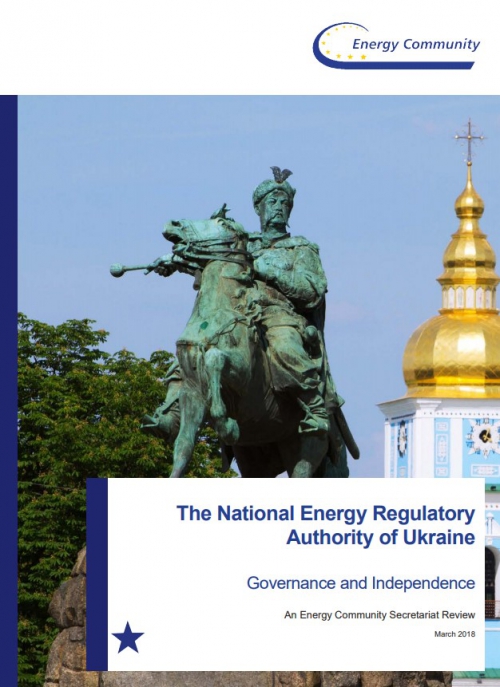Ukraine's Regulator Still Shackled: Report
Ukraine’s government still exercises too much influence over its national energy regulator (Neurc), according to a new report released March 21 by the Energy Community (EC) secretariat.
The latter works to align non-EU states' energy policy and law more closely to those of the European Union. Charter members include all 28 EU states, plus Ukraine and other non-EU states in the Balkans.
The report by the EC secretariat welcomed that Neurc’s commissioners are now appointed by an independent appointments board, rather than directly by government, but indicated that greater academic, head-hunter and international energy expert involvement in their appointment would be desirable. Government delays in setting up that board meant Neurc lacked a quorum to take decisions in 2017/18, the report said: “An alarming proof of the political readiness to prevent the effective independence of the regulator, despite the improvements made on paper.” An instance cited by the report is when Neurc in March 2017 agreed decisions that led to a minor increase in overall gas network charges to end-consumers and was prevailed upon by Ukraine's prime minister and then president to suspend its decisions.
Neurc has been hindered in other ways too: the report indicates that Ukraine’s cabinet has delayed or been selective in what Neurc decisions are published in the state’s official gazette, arguing this power “to publish or not a decision of Neurc heavily threatens [its] independence.” The report's authors say they were told that “Neurc would most probably not have been under such political and social pressure if it would provide better public argumentation for its decisions” and called for parliament's budget committee’s veto power over Neurc’s budget to be “abolished”.
Since 2014 Neurc has been headed by Dmytro Vovk who was appointed by presidential decree. He previously worked in 2013-14 as a national sales manager in Russia for confectionary firm Roshen, owned by Ukraine's president Petro Poroshenko.

The front cover of the new report (Photo credit: Energy Charter)



